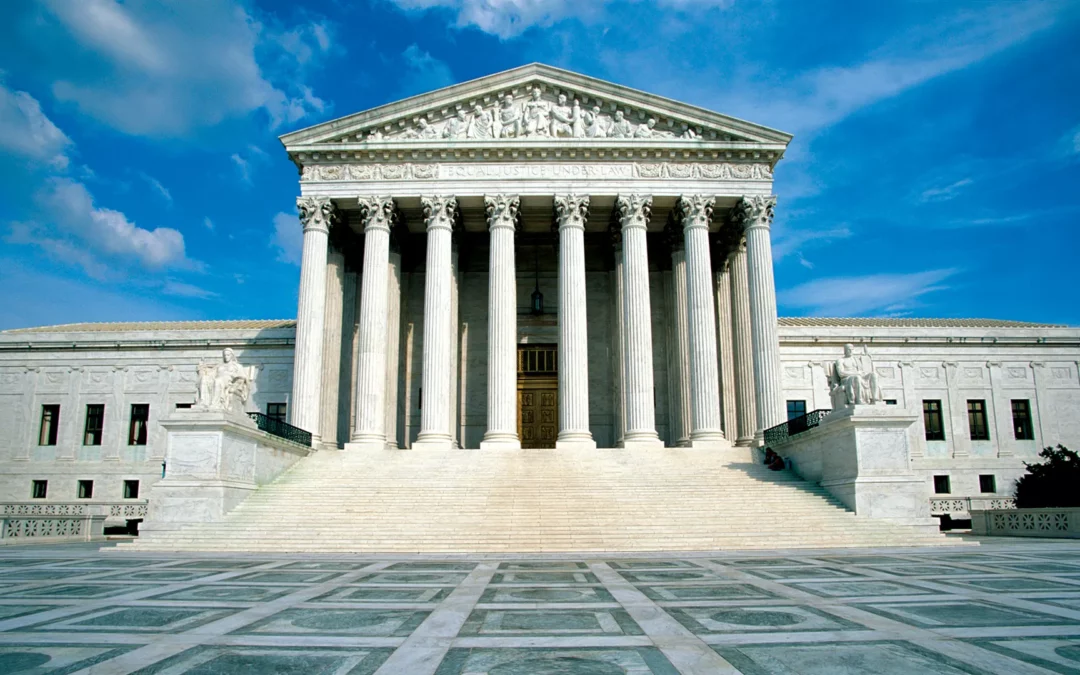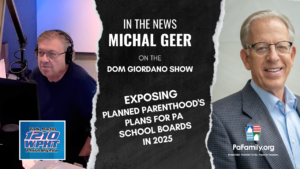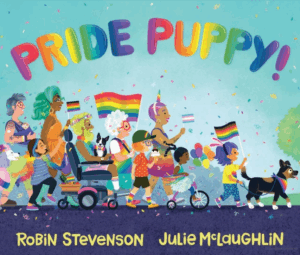Tomorrow, the United States Supreme Court will hear oral arguments in St. Isidore of Seville Catholic Virtual School v. Drummond — a landmark case that could shape the future of religious freedom and school choice in America. At stake is whether states like Oklahoma can exclude religious schools from participating in a government funded school choice program simply because they are religious.
The Independence Law Center has filed an amicus brief in support of St. Isidore, standing firmly for the rights of parents, students, and faith-based institutions to participate equally in publicly available educational programs.
“Different children flourish in different environments, and providing a wide variety of options allows parents to choose the best education for their children. Everyone should want more high-quality education options for families,” said Randall L. Wenger, Chief Counsel at Independence Law Center. “This case isn’t just about Oklahoma. It’s about ensuring that no family in America—including here in Pennsylvania—is denied educational opportunities because of their sincerely held beliefs of that school.”
The Heart of the Case
The case began when St. Isidore of Seville Catholic Virtual School applied and was approved by the state of Oklahoma to operate as a private school receiving public funds. But Oklahoma Attorney General Gentner Drummond intervened, suing the board and insisting that the approval violated a state law requiring participating schools to be “nonsectarian.” The Oklahoma Supreme Court agreed with Drummond, ruling that religious schools are barred from receiving funds from this program.
Represented by Alliance Defending Freedom (ADF), the Oklahoma Charter School Board argues that this exclusion is unconstitutional under the First Amendment. Government programs open to private organizations cannot single out religious organizations for disqualification based solely on their faith identity.
“Oklahoma should be able to choose the best schools to be funded through this program, and the U.S. Constitution prohibits the state from excluding schools from that program simply because they are religious,” said Janice Martino-Gottshall, Senior Counsel at Independence Law Center. “Excluding faith-based schools contradicts clear Supreme Court precedent that protects religious organizations from discrimination in public benefit programs.”
Why Religious Schools Matter
The Independence Law Center’s amicus brief, filed for former Oklahoma Governor Frank Keating and education scholar Dr. William Jeynes, emphasizes that diverse educational opportunities—including faith-based options—are essential to serve the varied needs of students. Research consistently shows that religious schools play a critical role in bridging academic achievement gaps, particularly for low-income and minority students.
Studies cited in the brief demonstrate that attending a faith-based school can reduce racial and socio-economic achievement gaps by approximately 25%, while promoting stronger academic performance, better behavior, and higher graduation rates. Faith-based education settings foster community engagement, discipline, and moral development, making them an irreplaceable part of America’s educational landscape.
A Dangerous Precedent if Not Reversed
If the Oklahoma Supreme Court’s decision is upheld, it could have sweeping consequences beyond education. Faith-based hospitals, homeless shelters, foster care agencies, and addiction recovery centers—all of which often partner with the government to serve the public—could face exclusion or new burdens simply because of their religious character.
“Religious organizations should not be forced to abandon their faith in order to serve their communities,” added Martino-Gottshall. “We urge the U.S. Supreme Court to protect the constitutional rights of religious schools, parents, and students.”
Andrea Dill, Legal Counsel at Alliance Defending Freedom, underscored a critical misunderstanding fueling the opposition: “Contrary to what many believe, the ‘separation of church and state’ is not a constitutional principle. Rather, it’s a misnomer rooted in a historical misunderstanding and subsequent jurisprudence. While the church and the state are separate institutions, our Constitution does not demand that our governments have no engagement with religious groups. In fact, our nation’s history shows that the opposite is true: when governments work together with religious organizations, they can accomplish much good.”
As the Supreme Court hears this important case, we invite all our supporters to join us in praying for the US Supreme Court justices as they consider the arguments presented and the facts of the case—that they would have wisdom, clarity, and courage to uphold the principles of religious freedom and equal treatment under the law.
You can also support the work of the Independence Law Center and PA Family Institute. Your prayers and partnership enable us to continue defending families, protecting religious liberty, and expanding school choice opportunities here in Pennsylvania and beyond.





I appreciate everything you are doing.